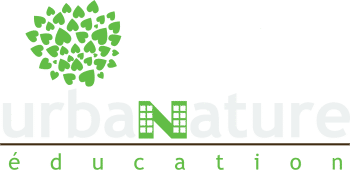UrbaNature’s newly inaugurated president Jean-Pierre Duford sits down with intern Zoe Schipper to share a new discovery found in the Falaise St. Jacques. See below to find out more about the invasive species The Fragrant Sumac (Rhus aromatica) :
Zoe- How did you and friends find the fragrant sumac?
JP- I organized a walk on the Falaise for my hiking club. We were eleven participants, including a botanist from the Montréal Botanical Gardens. He is the one who pointed out the plant to me near the path nearing the end of our hike – I immediately knew what it was, and exclaimed: How did it get here?
Zoe- What is the importance of finding fragrant sumac in the falaise? Does it say anything about increasing biodiversity there?
JP – It is a quite surprising discovery, there not being any known native population in the Montreal area. It is used as a garden plant though on occasion, so it is possible that wild birds or animals participated in its dispersal to the Falaise. This is possible therefore that this could happen for other species of flora and fauna.
Zoe- How rare is this plant in Quebec? Do we need to protect it?
JP- Fragrant sumac is considered vulnerable in Quebec, where there are only a few known stands of the short shrub in the Ottawa river valley, all west of Gatineau. As a vulnerable species, it is a duty to protect its growth.
Zoe – Some people think that the vegetation on the falaise is all Manitoba maples, buckthorn, (both invasives) and cottonwood (a very common native species). What do you say to these people?
JP- It is true that many invasive species have colonized the escarpment, but some native plant species do exist and seem to be thriving to some extent. It is important to support them in their growth and expansion.
Visit INaturalist for more information on the plant: https://www.inaturalist.org/taxa/58738-Rhus-aromatica
Check out Global News for their coverage of the discovery!
